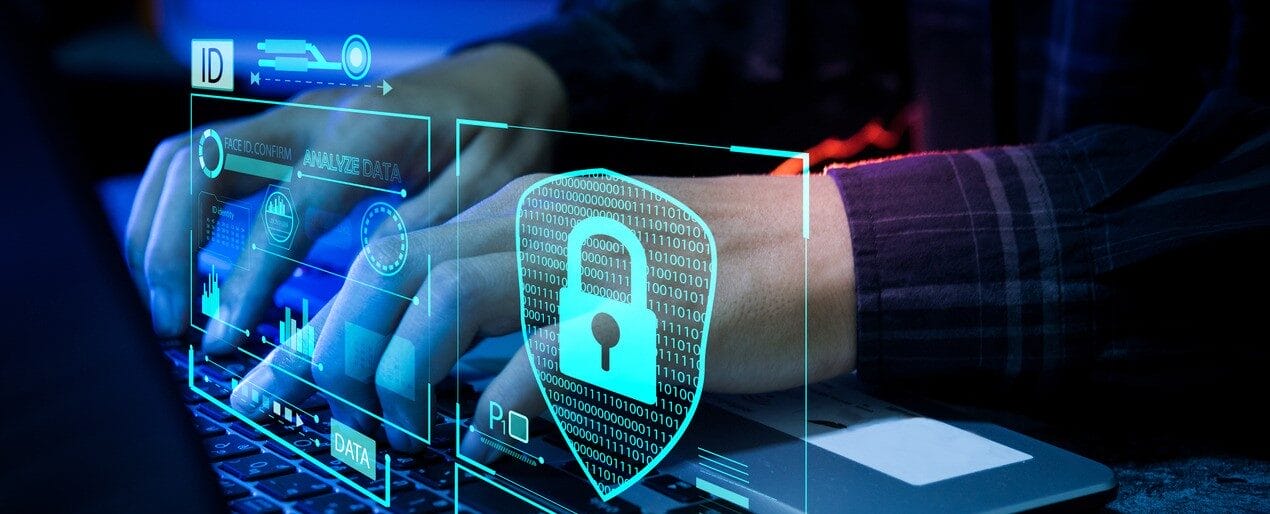Antivirus Solutions: Securing Your Servers and Workstations from Threats
Antivirus Solutions: Securing Your Servers and Workstations from Threats
In today’s rapidly evolving digital landscape, safeguarding your servers and workstations from cyber threats is more vital than ever. Antivirus solutions play a crucial role in defending these critical components of your IT infrastructure, ensuring that your systems remain secure, efficient, and free from harmful intrusions. Understanding the difference between server and workstation hardware is essential for implementing the right protective measures. This document will delve into the intricacies of antivirus protection, exploring how effective Lifecycle Management, Patch Management, and comprehensive security strategies can fortify your workstation-server model. Join us as we navigate these essential topics to bolster your organization’s cybersecurity posture.
Antivirus Endpoint Solutions
Enterprise-Grade Security
Enterprise-grade security is paramount when it comes to safeguarding your server and workstation environments. Antivirus endpoint solutions provide a robust line of defense against malicious threats, ensuring that both servers and workstations remain uncompromised. These solutions offer features such as real-time threat detection, automated response mechanisms, and comprehensive reporting tools. By implementing enterprise-grade security measures, organizations can mitigate risks associated with malware, ransomware, and other cyber threats. This level of protection is essential for maintaining the integrity, availability, and confidentiality of your critical systems. Consequently, understanding the difference between server and workstation hardware can help tailor these solutions to meet specific security needs, thereby enhancing the overall cybersecurity posture of your organization.
Comprehensive Malware Protection
Comprehensive malware protection is a cornerstone of effective antivirus endpoint solutions. With the increasing sophistication of cyber threats, it is crucial to employ software that can detect, isolate, and eliminate a wide range of malware types, including viruses, worms, Trojans, and spyware. Advanced malware protection solutions utilize heuristic analysis and machine learning to identify and respond to zero-day threats in real-time. By continuously monitoring both server and workstation environments, these solutions ensure that any suspicious activity is promptly addressed. The integration of comprehensive malware protection within your IT infrastructure not only safeguards data integrity but also enhances overall system performance by preventing resource-draining infections. This proactive approach to cybersecurity significantly reduces the risk of data breaches and operational disruptions, making it a vital component of any robust security strategy.
Security Policies and Access Control
Security policies and access control are integral elements of antivirus endpoint solutions, providing an additional layer of protection for servers and workstations. Establishing robust security policies helps define the acceptable use of IT resources, ensuring that users adhere to best practices for cybersecurity. Access control mechanisms, such as role-based access control (RBAC) and multi-factor authentication (MFA), limit the exposure of sensitive data by restricting access to authorized personnel only. Implementing these measures minimizes the risk of internal threats and unauthorized access. Additionally, regular audits and updates to security policies ensure that your organization stays compliant with industry standards and regulations. By combining rigorous security policies with advanced access control, you can create a secure environment that protects your critical assets from both external and internal threats. This comprehensive approach is essential for maintaining the integrity and confidentiality of your IT infrastructure.





